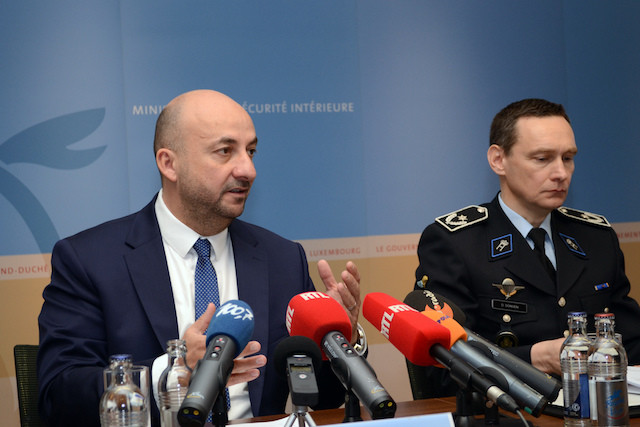Schneider, who also holds the home affairs portfolio, held the press conference on a police reform bill on 27 September.
In a statement published shortly afterwards on Wednesday (PDF), the CSV, the largest bloc in parliament, said that they were in favour of the much-needed bill, but also included five points of criticism. A major point referred to eliminating some of the Police Grand-Ducale’s local stations:
“The parliamentary proposal to axe ‘commissariats de proximité’ [neighbourhood police stations] from the law is for the CSV incomprehensible. The CSV fully supports citizen-oriented police and demands, in regard to reality and local demands, that the duties, means and training of the neighbourhood police should be re-defined.”
However, Schneider reacted to the opposition party with a letter that he posted on Twitter on 27 September. He charged the CSV with publishing “fake news”.
Schneider stated that the CSV’s claims are based on incorrect information and it showed that the party “didn’t make it until article 2 in their reading of the bill.”
He added that: “with the new reform, neighbourhood work would be part of the duties of every individual police officer and not only of local police stations.”

